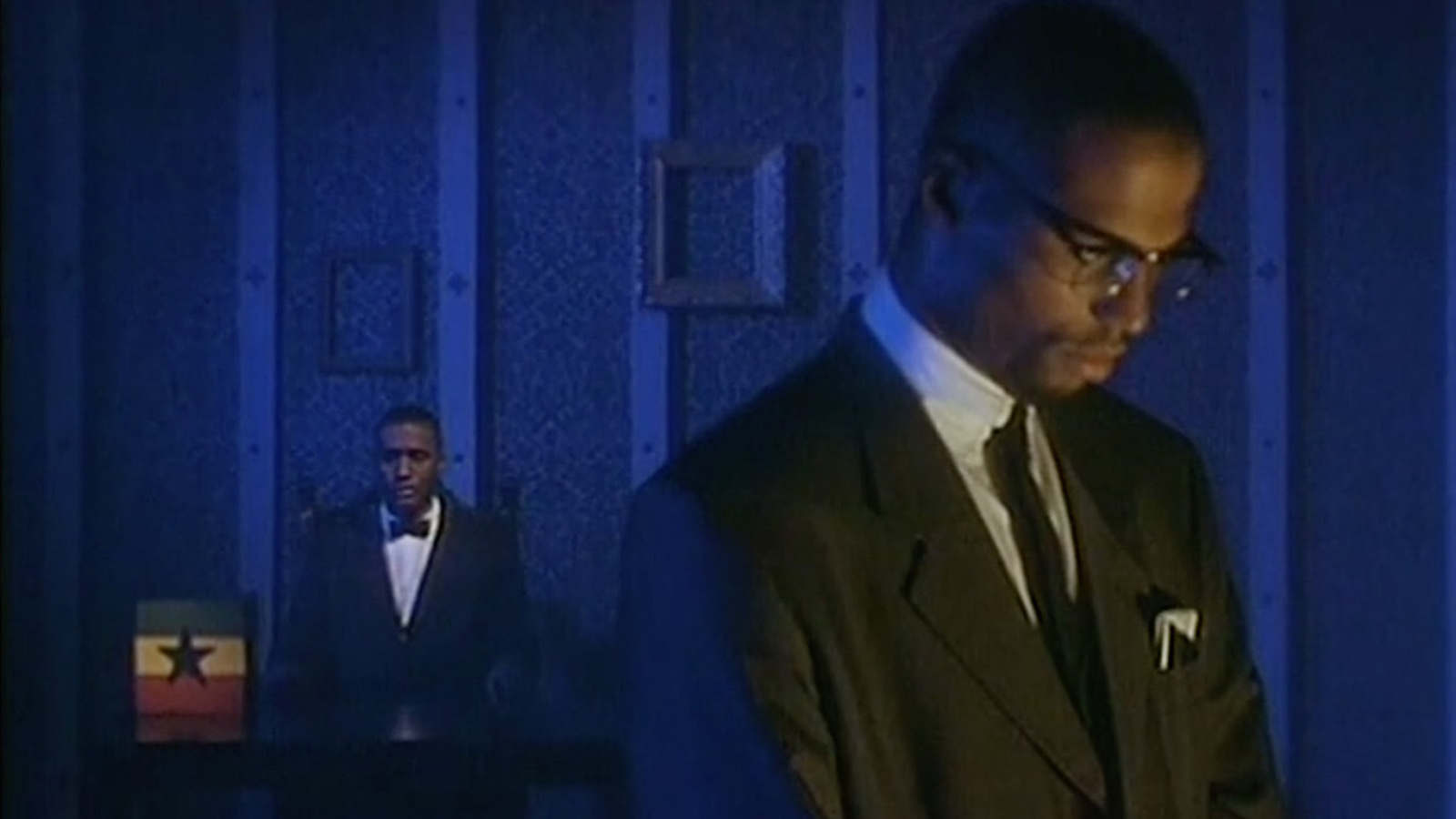
Indeed, this is a problem throughout much of the work.

Instead of a colloquial form where Malcolm's affinity to his community and his own roots might have been more clearly portrayed, he chose a declamatory, strident form that owes far more to contemporary "serious" European models than to jazz forms. Most of the blame for this must be laid on Davis and the musical style he chose for his vocal writing. It's effective as far as it goes, though rarely as stirring as one would hope. The libretto, written by the composer's sister, the writer Thulani Davis, is essentially biographical, concentrating on key events in the life of the subject and allowing him, as ably sung by Eugene Perry, to expostulate on the century's racial ills while undergoing his own self-evolution.

An extraordinarily ambitious idea and an event that received relatively huge publicity for a composition by an avant-garde jazz musician, Anthony Davis' modern opera depicting the career and philosophy of Malcolm X unfortunately failed to live up to its great promise.


 0 kommentar(er)
0 kommentar(er)
